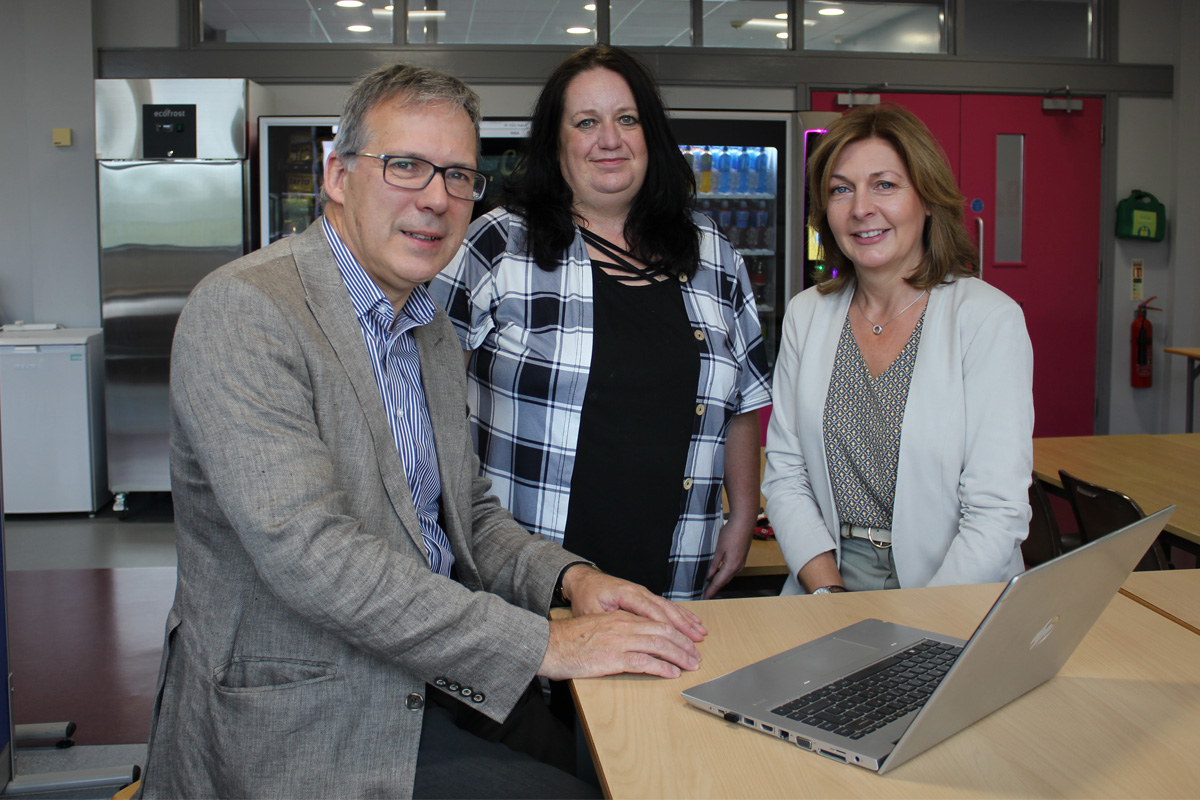Universities and independent schools secure new funding sources in light of cost-of-living crisis

Universities and independent schools in the UK are diversifying their revenue streams to safeguard against closure, according to a new report released by Endsleigh.
Rewarding Industries polled staff across universities and independent schools to analyse how the education sector is responding to the unprecedented challenges of the past two years.
It has revealed the difficulties that the cost of living crisis has presented academic institutions. More than two thirds of staff at universities and independent schools say that it has negatively impacted their finances, while nearly a third fear that their institution may be at risk of closure (29%).
Education sector innovates to secure new sources of income
Both universities and independent schools have been quick to identify new revenue streams to help offset these financial challenges.
One in five (22%) independent schools have sought partnerships with commercial organisations, and there have also been significant gains in efficiencies, with 40% reviewing suppliers in an effort to find local or better value options.
For universities, there have been greater efforts to sell themselves. The most common activity they had undertaken was increasing digital marketing, aiming to reach a global audience as the world reopens and students begin travelling for education again.
A third (33%) of independent schools and more than a quarter (27%) of universities have also increased the number of fundraising events they’ve held in further efforts to offset rising costs.
Schools and universities focus on employee benefits and wellbeing
The study also revealed the changes that the sector is making to hire and retain talented staff, with 85% of institutions taking action to make the working environment and employee wellbeing central to their employee attraction and retention strategies.
Adopting hybrid working practices was by far the most common change. Half (50%) of those in universities – and just under 40% of those in independent schools – said more flexible working options had been introduced. To further improve work/life balance, 22% of institutions have reduced staff’s working hours as a reward for their extraordinary efforts over the past couple of years.
Despite the issues caused by the rising cost of living, some have responded financially. Over a quarter (28%) in the sector said they have increased salaries while just under a quarter (24%) have raised pension contributions.
In addition, and perhaps partly in an effort to improve their appeal to younger employees, some organisations in education are burnishing their green credentials: 12% said they were introducing plans to achieve net zero emissions and reducing their carbon footprint. A further 8% have boosted both their environmental and social credentials by becoming a B Corp.
There are certainly challenges ahead for independent schools and universities to hire and keep their best staff. More than half (53%) agreed that their school or university was finding it difficult to recruit staff, while nearly two thirds (64%) said people were leaving to find better paid jobs in different sectors. This was particularly noticeable among university lecturers, where nearly four in five (79%) said colleagues were quitting their jobs for higher pay elsewhere.
Case study: Lucy Cox, Bursar and Clerk to Trustees, Richard Pate School, Cheltenham
“Like many other independent schools, we offered a fee variation of around 20% during the pandemic. Rising costs have now given us more cause for concern. We are all waiting for the true scale of inflation to hit us and we are very conscious that affordability is an issue for our parents. However, we are already seeing an increase in food costs, and need to decide what to do about our energy bills. Meanwhile, we are constantly getting messages from our suppliers saying costs are going up. That’s on top of the recent national insurance increase, and the rise in pension costs.
“In response to these challenges, we are thinking about other sources of income, about what more we can do with our site. Our parents are increasingly interested in wraparound care: more activities going on at the beginning and end of the day, as well as during holiday periods. We have just introduced a breakfast club which will be good for both income generation and attracting more parents. We are looking at more holiday activities too – sports and arts clubs, something for everybody.”
Alison Meckiffe, CEO, Endsleigh Insurance, said:
“It has been an incredibly difficult couple of years for the education sector, which is now finding itself exposed to the cost of living crisis. But while many schools and universities are indeed facing challenges, many more are focused on solutions. The resilience, creativity and innovation being shown is highly commendable.
“At Endsleigh, we too are adapting. As a specialist insurance broker for both the education and third sectors, we are partnering with our customers so they can better meet the needs of the future.”
“By taking these steps, we hope to play our part in keeping the education sector as rewarding to work in as they’ve ever been. The last two years show just how important the people within them are to our society.”











Responses